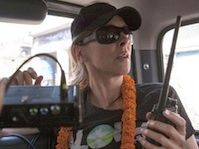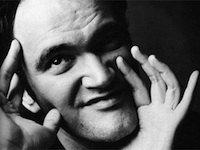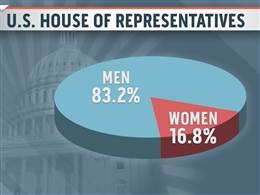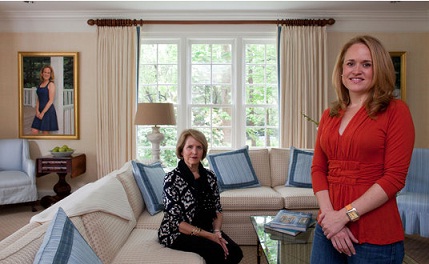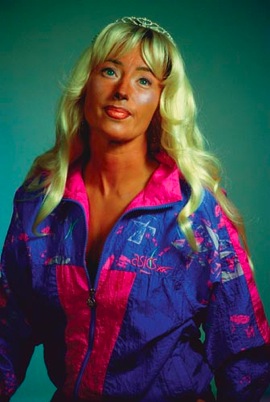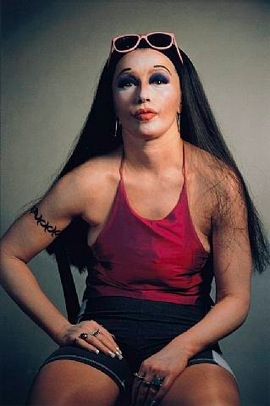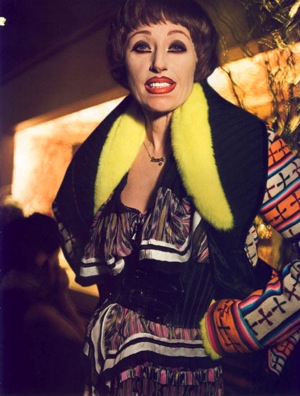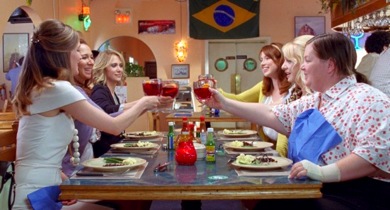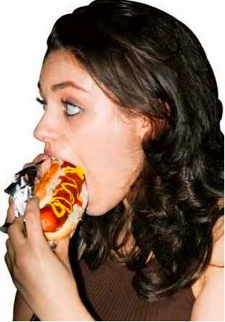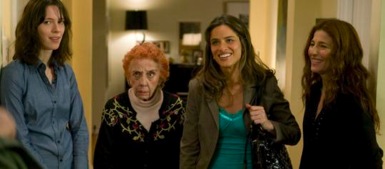Spring Breakers
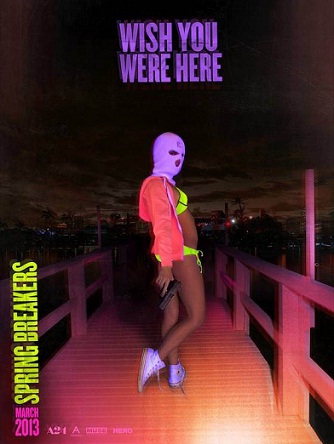
(Warning: spoilers)
I saw Spring Breakers weeks ago and have been struggling to come up with something to say about this movie and what it all means: the partying, the beach, the kids, the boobs, the drugs, the guns, the booze, the murder. I can't quite get my head around it, but here's what I've got.
The four girls at the center of the movie are so desperate to go to the beach for spring break that they rob a chicken restaurant using squirt guns and intimidation techniques we've all seen a thousand times in every heist movie ever (yelling, swearing, threatening to bust everyone's skulls, etc.) They are completely successful, and go to St. Petersburg to party.
The interesting thing is that everything the girls do is something they (and we) have learned through endless examples in TV and movies. They dance on the beach to techno, douse themselves in beer, scream "Woooo Spring Break!", shake themselves all over the place, loll around in their bathing suits stroking each other's hair, and occasionally make out with each other. They wear neon string bikinis because any other kind of bathing suit would never be considered for even one second. They sing "...Baby One More Time" by Britney Spears and talk about how Florida is the greatest paradise they have ever known. Any person who has experienced MTV or a movie about off-the-hook teen parties in the last 20 years knows exactly how to be a girl going wild on spring break, because we've all seen it hundreds of times.
And we all know exactly how to commit armed robbery and be a badass gangster because we've seen it hundreds of times, too. The girls move from robbery with squirt guns to partying on the beach to doing drugs in a cheap motel room to getting into serious crime with real guns and real gangsters, but it all feels like a logical progression along a continuum of familiar, predictable pop cultural references. They're always performing.
There's a flattening of "bad girl" behavior at work here: taking your top off at a beach party is more or less on the same level as stealing in order to have a good time, and neither is really all that different from hitting up a local drug dealer and taking his cash. We've seen it on TV and in movies. By the time the girls hook up with James Franco, put on their My Little Pony face masks, and start doing some real damage with assault rifles, it bizarrely feels like just more of the same. As Manohla Dargis writes, it's "more of a horror film than a comedy."
So is Spring Breakers a criticism of our hyper-sexualized, hyper-violent pop culture? I think it is. It's also really dark and really hilarious. The culture that teaches teenage girls to think people will like them more if they take their tops off and tongue-kiss each other for the boys is the same culture that thinks organized crime and murder are cool. We live in a world where teenage debauchery and gangs are a little naughty, but so exciting! And when the girls start killing bad guys, does that make them good? Maybe?
This is a controversial viewpoint, but that's how it goes with Harmony Korine. I like the cultural criticism in the movie, but even better is the dream-like impressionistic way a lot of scenes unfold. There are many sequences with recurring loops of dialogue and non-linear, abstract camera shots of sky, ocean, body shots, and making out in a hot tub that all sort of blend into each other in a nightmarish haze. It's indistinct and gorgeous, which is more than I would typically say about a scene shot in a Florida motel pool.

